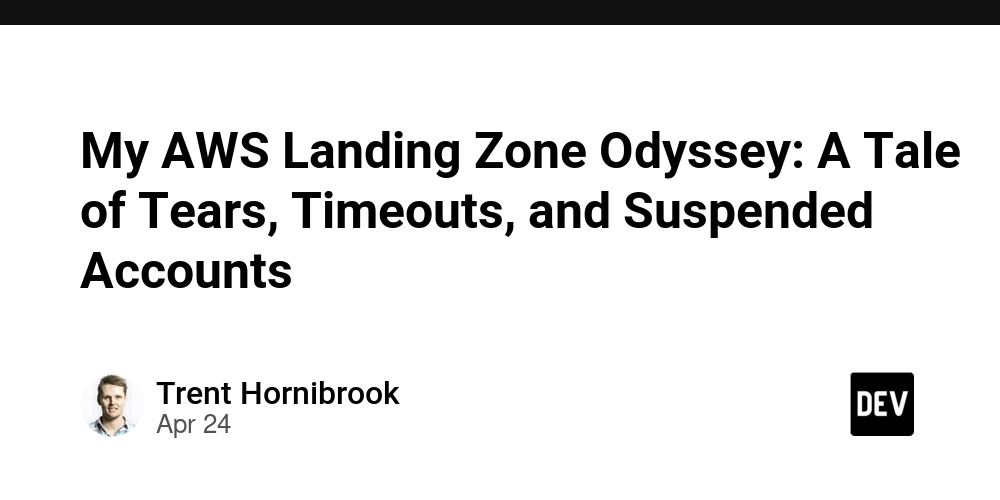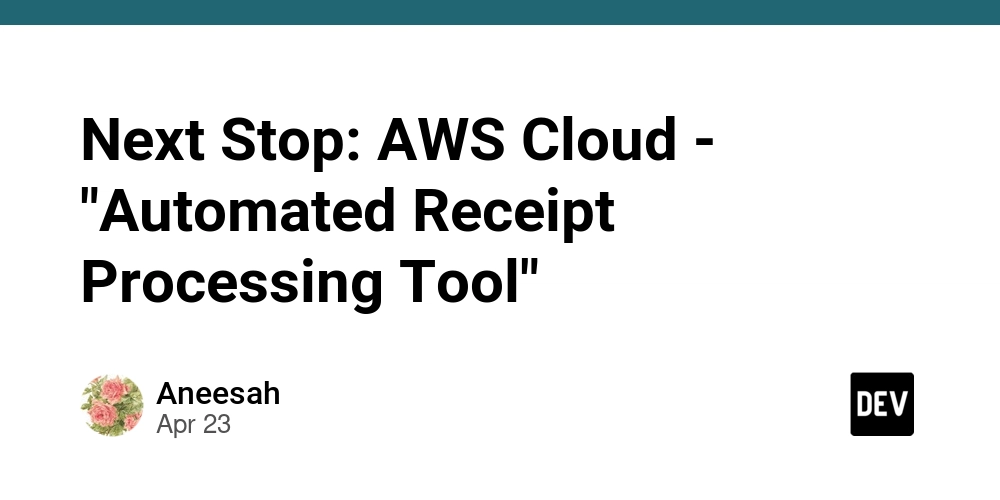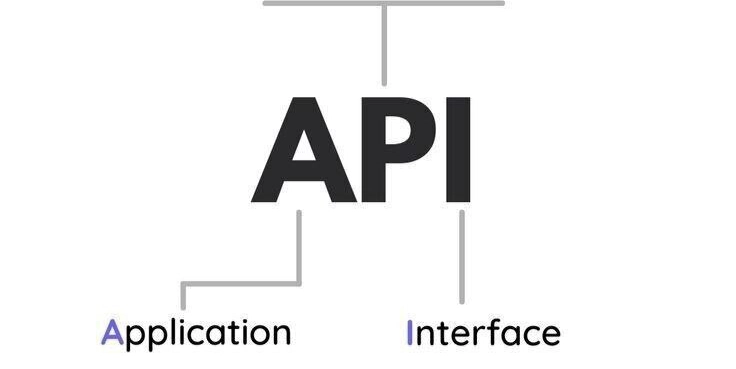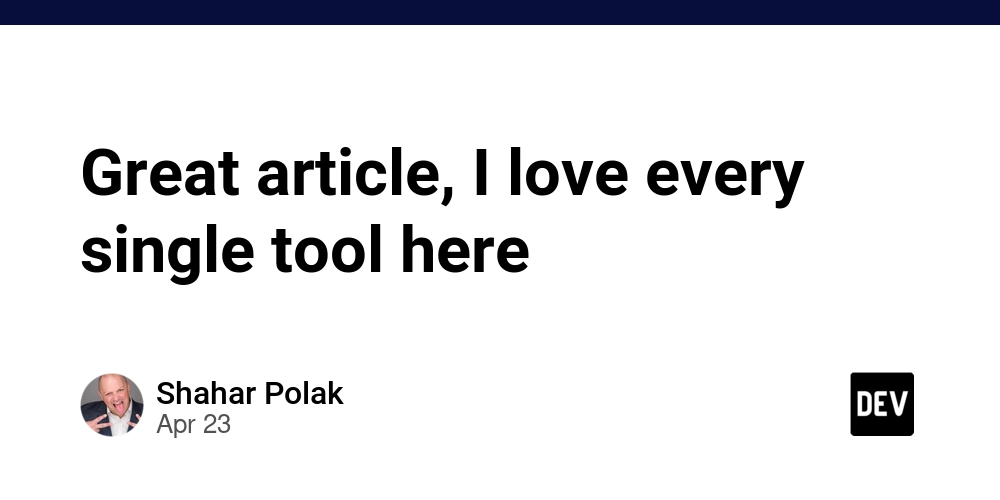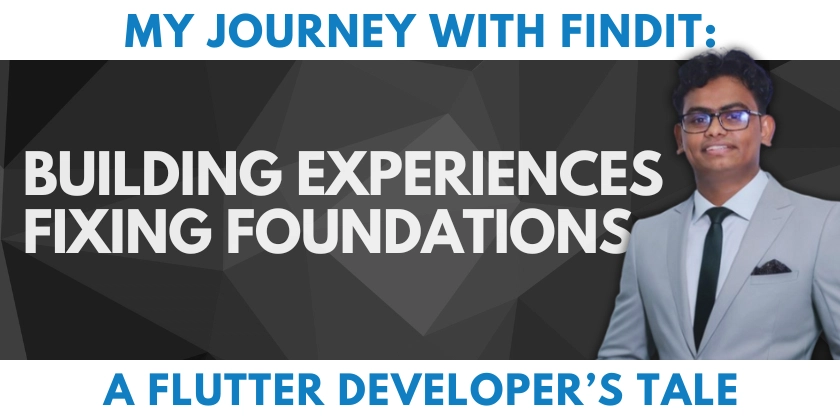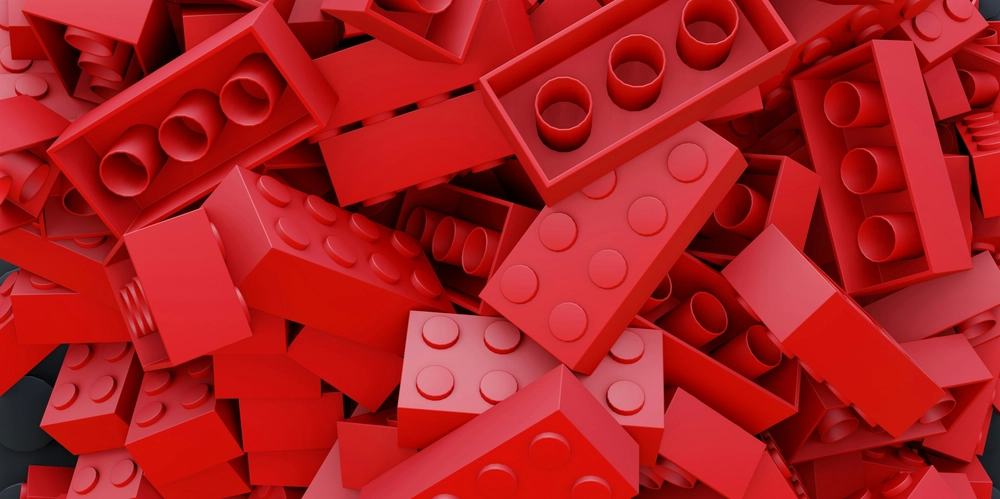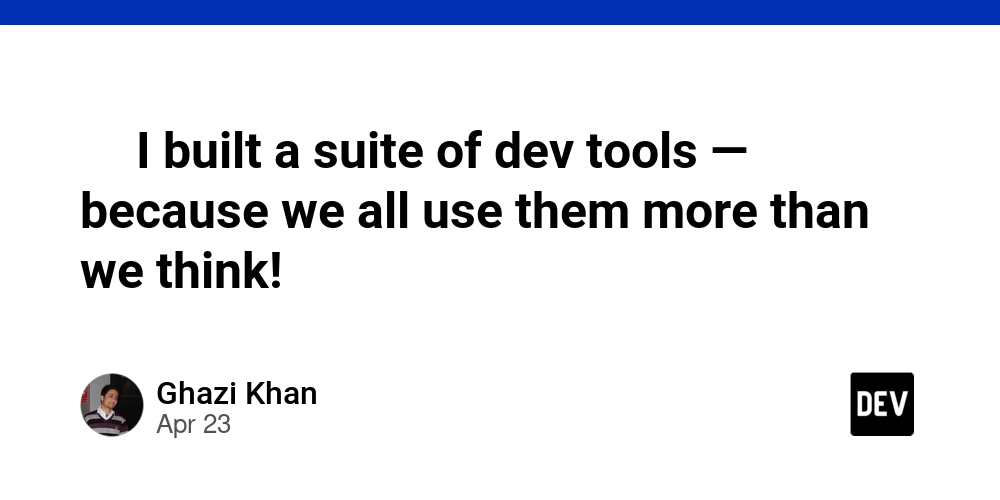Friendly: A Developer's Guide to Building More Inclusive Software
GitHub is a powerful platform, but crafting inclusive and accessible code can sometimes feel like a challenge. The "friendly" project offers a roadmap for developers looking to build software with everyone in mind. Are you ready to learn how to make your projects more welcoming and user-friendly?
What is the "Friendly" Project and Why Should You Care?
"Friendly" is more than just a name; it's a philosophy. In essence, it is about creating a more inclusive experience for users and contributors, and can be achieved by focusing on the following key points:
- Accessibility: Ensuring your software is usable by people with disabilities.
- Inclusivity: Catering to a diverse user base with varying backgrounds and needs.
- Usability: Making your software intuitive and easy to use for everyone.
Building inclusive software is not just ethically sound, it also expands your potential user base and fosters a more positive community around your project.
How to Make Your GitHub Project More "Friendly":
Here's a breakdown of practical steps you can take to implement the principles of "friendly" in your own GitHub projects:
1. Write Clear and Comprehensive Documentation
Good documentation is the cornerstone of any user-friendly project. It helps people understand what your software does, how to use it, and how to contribute.
- Focus on Clarity: Use simple language and avoid jargon.
- Provide Examples: Illustrate how to use your software with practical examples.
- Include a README: A well-written README file on GitHub is crucial. This should include a project description, installation instructions, usage examples, and contribution guidelines.
2. Embrace Accessibility Best Practices in Your Code
Accessibility is paramount. Making your software accessible ensures that people with disabilities can use it effectively.
- Semantic HTML: Use semantic HTML elements to structure your content logically.
- Alternative Text: Provide descriptive alternative text for images.
- Keyboard Navigation: Ensure that all interactive elements can be accessed using a keyboard.
- ARIA Attributes: Use ARIA attributes to enhance accessibility where needed.
3. Foster a Welcoming and Inclusive Community
A friendly community is essential for the long-term success of any open-source project.
- Code of Conduct: Establish a clear code of conduct that outlines acceptable behavior.
- Be Responsive: Respond to issues and pull requests promptly.
- Be Respectful: Treat all contributors with respect, regardless of their experience level.
- Encourage Collaboration: Create a welcoming environment where people feel comfortable contributing.
4. Streamline your issue tracking.
Improve issue tracking and overall project management by leveraging GitHub features optimally.
- Labels: Use clear and descriptive labels to categorize issues, making it easier for contributors to find relevant tasks.
- Milestones: Organize issues into milestones, providing a roadmap for project development and a sense of progress
- Templates Employ issue and pull request templates to guide quality discussions
Tools and Resources for Building "Friendly" Software
Fortunately, you don't have to reinvent the wheel. There are many tools and resources available to help you build more accessible and inclusive software.
- Accessibility Linters: Tools like axe-core and WAVE can help you identify accessibility issues in your code.
- Inclusive Language Checkers: Tools to help you avoid biased or offensive language in your documentation.
- GitHub Community Guidelines: GitHub's official guidelines provide best practices for building a welcoming community.
The Payoff: Expand Your Reach and Impact
By adopting the principles of "friendly" software development, you're not just being a good developer; you're also expanding the reach and impact of your work. An accessible, inclusive, and user-friendly project attracts more users, contributors, and ultimately, makes a bigger difference in the world. Embrace the "friendly" philosophy and build software that benefits everyone!
